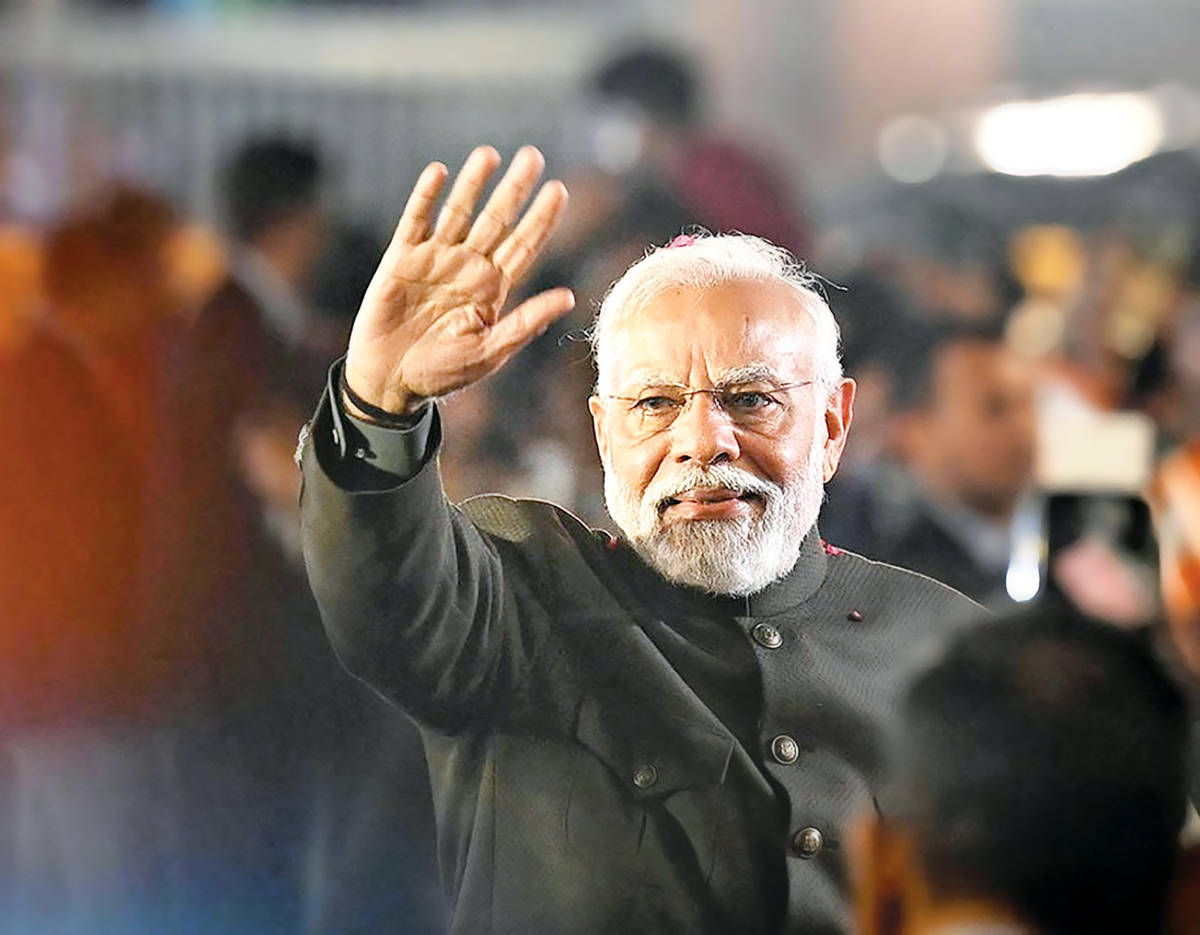In an interview with the website of the Strategic Council on Foreign Relations about India’s most significant national election, which begins on April 19 and voting will last for six weeks, Pir Mohammad Molazehi said: Modi’s party is facing two internal obstacles to win again; First, the national parties and the other the local parties that compete with the BJP.
He added: Secessionists have grown in some parts of India, and it will not be easy for Narendra Modi to win the elections. Over the last year, in particular, significant events have happened about Muslims. Therefore, it is expected that due to the approach of the ruling party to consolidate the dominance of Hindus in this country, the tendency of Muslims towards Modi will decrease. According to official statistics, the number of Muslims in India is 120 million. Still, unofficial statistics estimate between 180 and 200 million Muslims, with India being the second largest Muslim country in the world after Indonesia. Indian Muslims are upset and worried that the Bharatiya Janata Party is trying to dominate the Hindus in India and does not value Muslims and other ethnic groups, and this is a big problem for the ruling party.
This expert on East Asian issues noted: However, Hindu nationalism is favored by a large part of the Indian society, and the probability that the current ruling party will win the election is high, although probably the number of seats that Narendra Modi, the Prime Minister of India, will win in the next term. It will be less because it seems that Muslims and other Hindu ethnic groups will move towards the opposition parties of the ruling party in the elections.
Molazehi believes the participation rate in the Indian elections to be significant and said: Most likely, Narendra Modi will win the next election, but he will have considerable problems in the next government. For example, he is trying to reduce the significant concessions granted to farmers during Mrs. Gandhi’s term, which are still in place, which will be a problem. Mr. Modi believes that socialist and quasi-socialist policies should be abandoned and the Indian economy should move completely towards the free market. In addition, Modi, if elected, will still have to deal with the issue of tension between religious extremist groups and Hindus of other ethnicities.
He said about the approach of America, China, and Russia to Indian elections: Americans have their strategic policy in South Asia, and they still define India as a regional power. Considering the economic growth of 8% last year, India is still America’s choice in the region against Pakistan. It seems America has chosen India to lead peace and stability in the area.
Molazehi continued: Due to the border disputes with India, China competes with India to some extent on some issues.
This expert on East Asian issues stated that India traditionally tries to establish a balance in the international system; therefore, it will follow this approach in the future government, and India wants to do business with America, Russia, and China. Currently, India buys its advanced weapons from America. However, it used to depend on Russia, although it still has technological and military interactions with Russia and has tried to maintain this interaction.
Indians have also developed relations with the Israeli regime while at the same time trying to maintain a balance between Israel and Palestinians. In general, India will continue the policy of balancing with regional and global power blocs.
General elections in India will start on Friday, April 19, and last up to six weeks. Some 969 million people are also eligible to vote in these elections.
Indian Prime Minister Narendra Modi and his Bharatiya Janata Party seek a third consecutive term in power in these elections.
Since the last general election in 2019, India has become the most populous country in the world and has replaced Britain as the fifth most powerful economy.










0 Comments